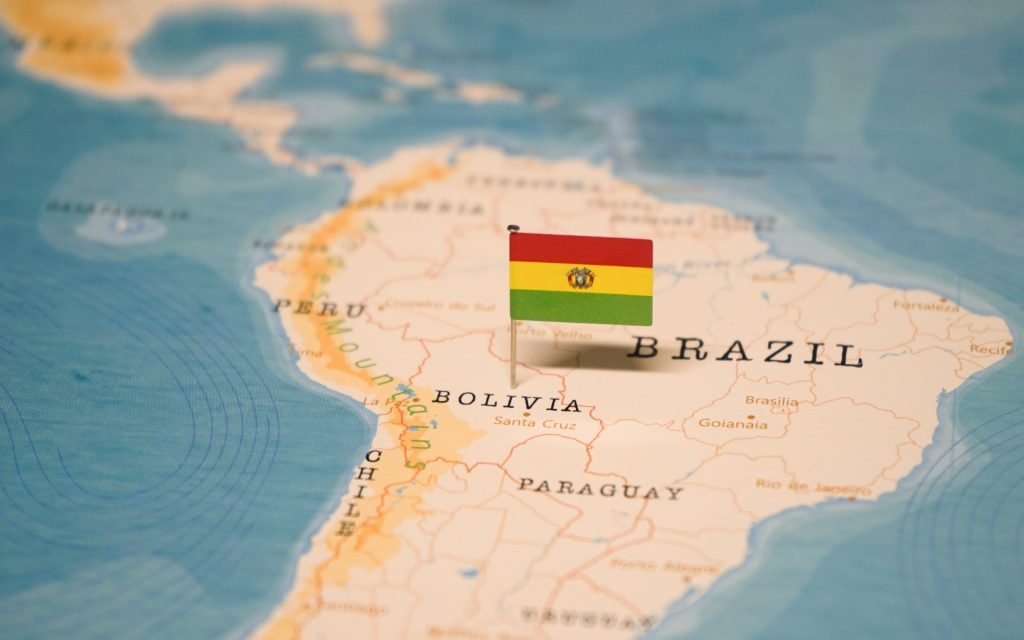Others are reading now
In an unprecedented move, Bolivia has taken a stand and severed its diplomatic ties with Israel, becoming the first country to do so since the escalation of the recent conflict with Hamas in the Gaza Strip.
The South American nation’s left-wing government has cited alleged war crimes and human rights abuses in the Gaza Strip as the key reasons behind this momentous decision.
During a press conference on Tuesday, María Nela Prada, a minister in President Luis Arce’s administration, announced the decision and demanded an immediate halt to the attacks on the Gaza Strip. “Thousands of civilian lives have been lost, and Palestinians have been forcibly displaced.
We cannot stand by and watch this unfold,” Prada stated.
Also read
Freddy Mamani Machaca, Bolivia’s Deputy Foreign Minister, echoed these sentiments, emphasizing that the decision represents “a repudiation and condemnation of the aggressive and disproportionate Israeli military offensive in the Gaza Strip and its threat to international peace and security.”
A History of Tense Relations
This isn’t the first time Bolivia has broken off relations with Israel.
The country previously severed ties in 2009 following an Israeli invasion of the Gaza Strip, although relations were re-established in 2020 under right-wing President Jeanine Áñez.
Bolivia’s bold move comes amidst a backdrop of growing discontent in South America over Israel’s actions. Colombia’s left-wing President, Gustavo Petro, recently made headlines with his harsh criticism, comparing Israel’s actions to those of the Nazis.
Similarly, Brazil’s President Luiz Inácio Lula da Silva condemned the “insanity” of Israel’s Prime Minister in wanting to destroy the Gaza Strip, highlighting the plight of innocent women and children caught in the crossfire.
Bolivia’s decision to cut ties with Israel marks a significant moment in international relations, shedding light on the intense scrutiny that nations are facing over their actions in conflict zones.
Whether this will pave the way for other countries to follow suit remains to be seen, but what is clear is that the world is watching, and the demand for accountability and an end to human rights abuses is louder than ever.


